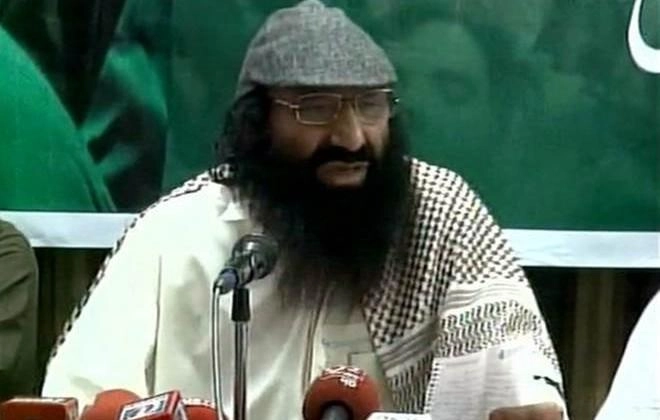As tensions escalate in the region, the ongoing conflict between Israel and Iran has taken a significant turn, prompting Israel to announce the reopening of its airspace. This decision comes in response to a recent Iranian attack that has raised alarm among various nations, including India, which is now formulating an evacuation plan for its citizens living in the area. The situation remains fluid, with both sides engaged in a series of military maneuvers and retaliatory strikes that have heightened fears of a wider regional conflict.
The reopening of Israel’s airspace is seen as a strategic move to facilitate military operations and ensure the safety of its air traffic amidst the turmoil. This decision underscores the severity of the threat posed by Iranian forces, which have been increasingly aggressive in their actions. On the other hand, the Iranian government has vowed to respond to any perceived threats, creating a precarious balance that could easily tip into full-scale warfare. The international community is closely monitoring the developments, with diplomatic efforts underway to de-escalate the situation before it spirals out of control.
In the wake of these events, India has stepped up its response by planning the evacuation of its citizens from the conflict zone. This move reflects the Indian government’s commitment to ensuring the safety of its nationals abroad, as the situation becomes increasingly unpredictable. Indian officials are coordinating with local authorities and international partners to facilitate a smooth evacuation process, demonstrating the urgency of the situation. As the crisis continues to unfold, the implications for regional stability and global security are profound, with many nations urging restraint and dialogue to prevent further escalation.
As the conflict continues to develop, the potential ramifications for global geopolitics cannot be overstated. The Israel-Iran confrontation has broader implications, not only for the Middle East but also for international relations as countries navigate their positions in this complex landscape. The involvement of major powers, the threat of military escalation, and the humanitarian considerations for civilians caught in the crossfire all add layers of complexity to an already volatile situation. The world watches closely, hoping for a resolution that prioritizes peace and security over continued hostilities.




